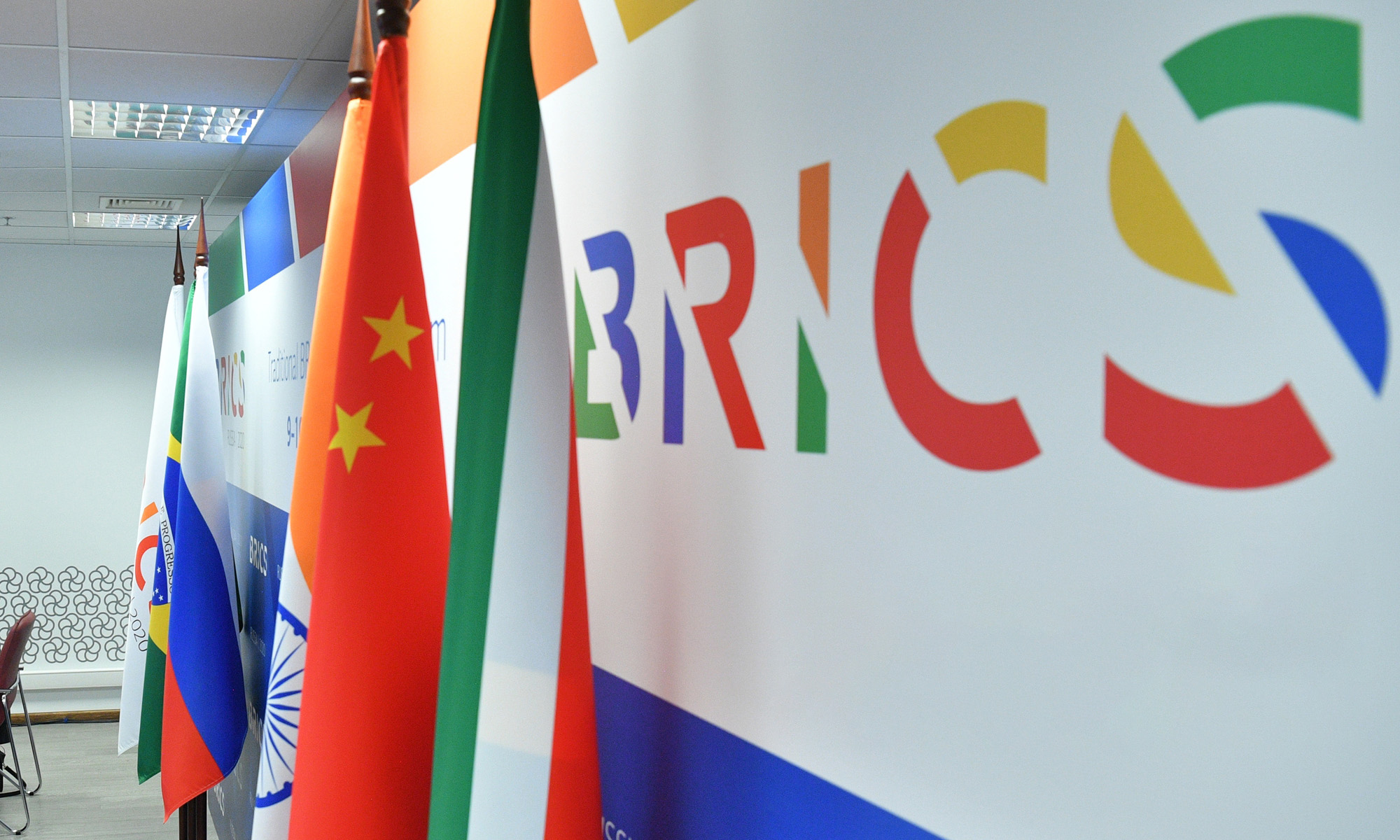
Sustainable urban mobility as one of the key drivers for achieving the SDGs. Summary of BRICS SAIs seminar
On 15 December 2022, BRICS SAIs held an experience-sharing webinar on sustainable urban mobility audit.
In his opening remarks, Mr. Timur Makhmutov, Director of the Department for International and Regional Cooperation of the Accounts Chamber of the Russian Federation, noted that the sharing of experience between BRICS SAIs contributes significantly to the development of audit best practices and allows addressing emerging audit challenges and trends. BRICS SAIs place a strong emphasis on the Sustainable Development Goals (SDGs). Sustainable urban mobility as a set of transport development measures aimed at shifting to more environmentally friendly transport contributes greatly to the SDGs achievement.
Mobility is an important indicator of the quality of life. Speech by Mr. Valery Bogomolov, Auditor, Member of the Board of the Accounts Chamber of the Russian Federation, centred on the implementation of the “Safe and High Quality Roads” national project. The project is aimed at increasing the share of urban road networks in conformity with the official standards to 85% by 2024. To date, the share of such road networks has reached 78%. One of the project’s main tasks is to launch intelligent transport systems in various regions in order to promote automatic road traffic management.
Development of transport and pedestrian infrastructure reshapes cities dramatically. Ms. Natalia Trunova, Auditor, Member of the Board of the Accounts Chamber of the Russian Federation, focused in her speech on creating a comfortable urban environment. She pointed out that investments in pedestrian infrastructure made the urban space more environmentally friendly. A total of 73bn roubles were allocated to create a comfortable urban environment in 2022. As of November 2021, more than 21,000 parks, embankments, squares and other public areas had been upgraded in Russia. Ms. Trunova also stressed that a growing share of people who prefer public transport to cars drove sustainable urban mobility.
One of the fastest-growing passenger car markets today is India. While in 2018 the country had 22 cars per 1,000 people, by 2040 this number could rise to 175 cars per 1,000 people. Mr. Sunil Kumar Sharma, Deputy Director at the Office of Director General of Audit (Infrastructure), shared the experience of the Office of the Comptroller and Auditor General of the Republic of India’s audits of urban transport infrastructure development. India runs multiple programmes in this area, including Atal Mission for Rejuvenation and Urban Transformation, Smart City Mission, National Electric Mission Mobility Plan apart from various infrastructure developments such as Metro rails in line with the National Urban Transport Policy. The SAI of India puts a strong emphasis on audits in this field. The speaker listed among the audit priorities electric transport and infrastructure development, Smart City implementation in all regions of the country, safe roads and metro construction acceleration. Furthermore, the SAI of India continuously updates its audit methodology to better analyse technical aspects of sustainable urban mobility projects.
China is developing its transport infrastructure at a rapid pace. Mr. Zhang Hongwei, Deputy Director at the Department of Natural Resources, Ecology and Environment Audit of the National Audit Office of the People’s Republic of China, elaborated on audits in this field. The report covered sustainable transport audits in the Changsha-Zhuzhou-Xiangtan region of Hunan province. Audits mainly concerned the development of urban and inter-city public transport networks and the last mile problem. Mr. Zhang underlined that it was important to pay attention to electric vehicles and emission monitoring, as well as to smart transport technologies.
The participants noted that SAIs play a special role in promoting sustainable urban mobility in terms of control over budget use and performance criteria. BRICS SAIs’ representatives expressed their willingness to continue an active exchange of experience in 2023.



